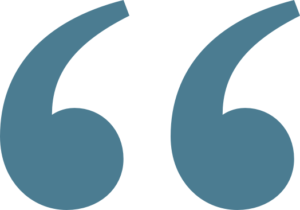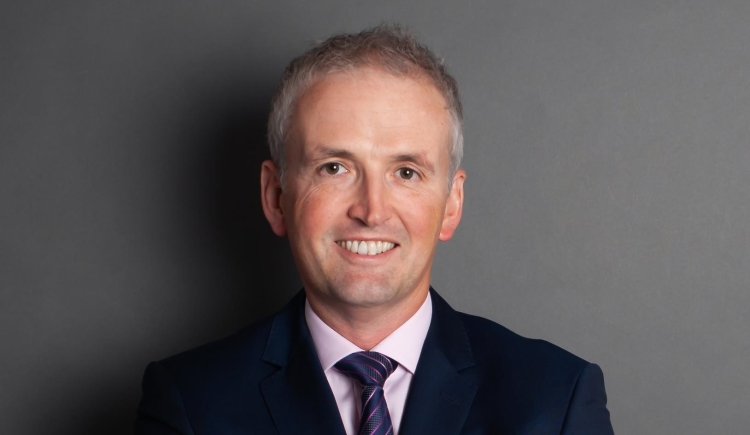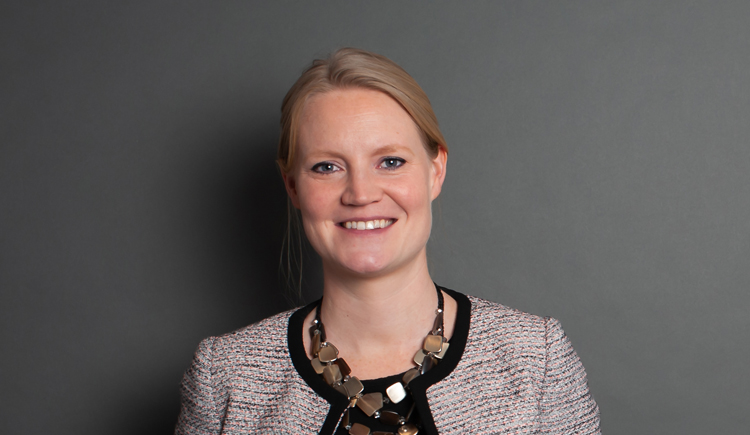A shot in the arm
Hope is on the horizon for the end of the pandemic by way of the vaccination programme. The NHS started rolling out vaccines in December 2020. By the end of February 2021, more than 17 million people will have received their first dose.
Bird & Bird’s survey found three-quarters of senior decision makers at medium and large businesses would purchase a COVID-19 vaccine privately for staff if it became an option.
Spillane sees little legal problem with employers providing the vaccine as a purely voluntary perk, similarly to a yearly flu jab programme. However, if employers made the vaccine compulsory “if someone refused to take it, it could well become an issue. Is that employee refusing a reasonable instruction and, on the flip side, is an employer potentially discriminating against employees if it takes some action over refusal?”.
A survey by market research group Kantar of 1,000 adults in Great Britain in November 2020, ran before the UK approved any vaccines, found just 8% would definitely not take the vaccine, while 11% would probably not.
Spillane says while certain protected characteristics in discrimination law, such as religion or belief, may arguably be linked to refusing a vaccine, workplace vaccine policies may be justified if they are proportionate and have a legitimate business aim.
However, Spillane adds employers should be wary of employees’ health and other concerns when refusing a vaccine. For example, pregnant women are currently advised to decline the COVID-19 vaccine unless also considered at high risk from the disease. “If there was a credible, medical health reason why someone was declining the vaccine, any employer would be well advised to take that into account,” he says.
Bird & Bird’s survey shows that while 44% of those at medium and large businesses said they would make the vaccine available to all roles, 31% said they would make it available for specific roles only. Clark warns care would be needed not to unintentionally discriminate against a certain group if only offering the jab to certain roles, for example, teams where the workforce is predominantly male.
However, Clark adds such distinctions are possible “if there’s a legitimate objective justification for why a group needs to be treated differently, particularly if it’s on health and safety grounds”.
Employers would also need to be careful in storing information on staff vaccines and Spillane points out vaccine data may be treated as special category data for data privacy purposes.


